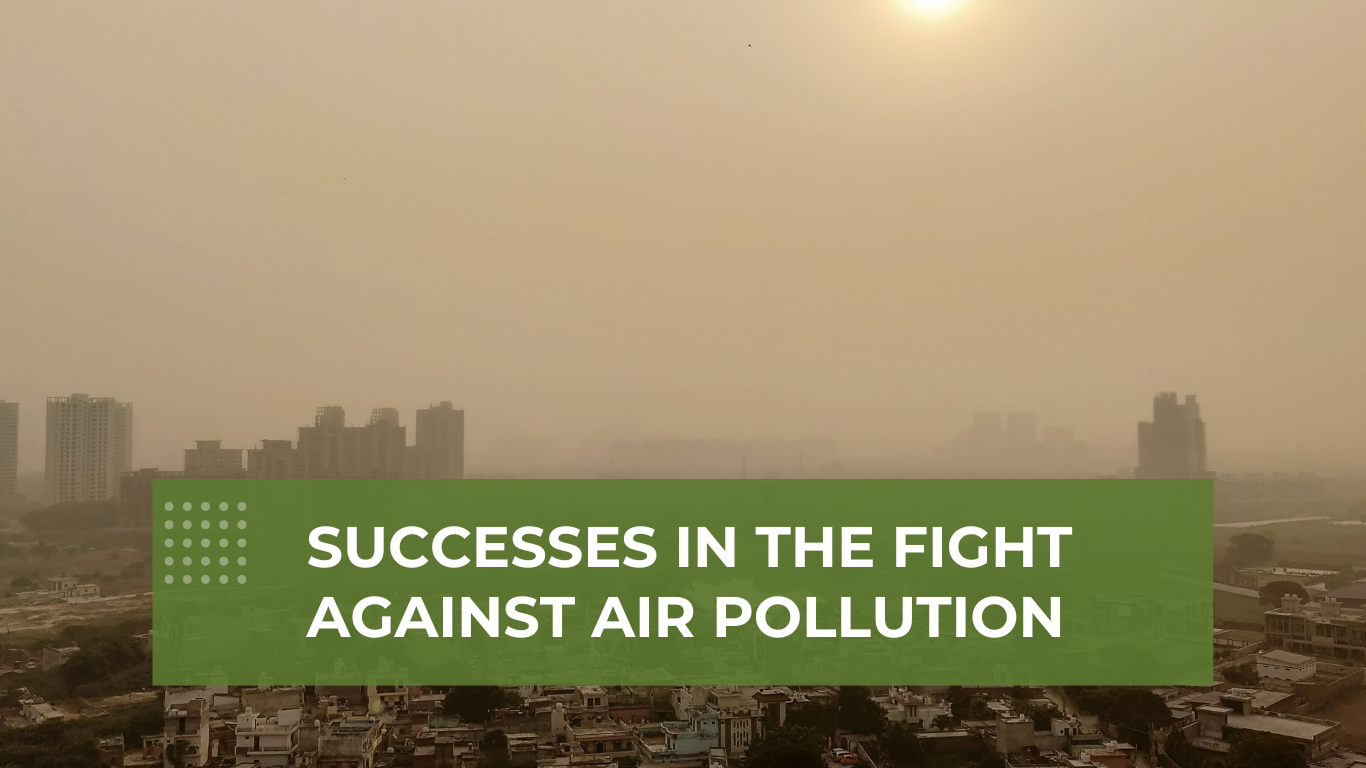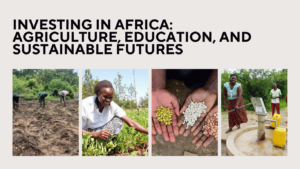Beijing is tackling the problem of air pollution through policy as a stringent regulatory system. Why is Delhi unable to do so? Reflections by Thomas Wegener in conversation with Dr. Thomas Schulte
Thomas Wegener has been professionally active all over the world, especially on the African continent. The founder of the Nigerian model company GrowExpress Ltd. discusses the question whether democratic systems are always superior in solving challenges. The examples of Delhi and Beijing. The questions were asked by Dr. Thomas Schulte from Berlin.
Thomas Wegener: Anyone who has ever been to New Delhi may remember the chaos, the people and the experience of breathing through a cloud of smog and dust. Residents of the Indian capital once again wondered why nothing had changed when the annual pollution season resumed. Interestingly, the New York Times made the argument that political factors play a role in why environmental policy is so complicated. Asia’s two largest cities were among the dirtiest in the world in 2012.
The starting point for 2012 was severe air pollution
About a decade ago, the starting point was similar, says Thomas Wegener: On the worst days, haze enveloped millions of people, blocking out the sun and straining their lungs. Beijing acted, while New Delhi did not. Much has changed in one of the two cities since then. After the Chinese government declared in 2013 that it would fight pollution, Beijing put into action a multi-year, $100 billion plan to improve air quality. The government imposed strict regulations on factories, eliminated outdated cars and switched from coal to natural gas. Officials in Beijing say more needs to be done, but in the meantime, the city has had more than 100 additional clear-sky days a year since the program began. In the fall of 2022, however, air quality in the other city, New Delhi, was worse than ever. Weeks of haze at the start of the air pollution season forced city officials to temporarily halt truck traffic, close schools and ask residents to work from home. Those who continued to go outside wiped their eyes and coughed into their masks. As every year, pollution from millions of cars, burning stubble in nearby fields, and open fires for cooking and heating in rural homes spoils the sky in the Delhi region. Local residents must wonder why nothing changes year after year.
Is it possible that democracy is preventing environmental cleanup?
Thomas Wegener’s result is clear: China did better than India’s democratic government. The New York Times cites the unequal economic situation of the two countries as one of the causes. It claims that in a country where millions still live in poverty, India’s population has more pressing problems. One argument is that India’s fractured democracy thrives on political infighting and finger-pointing that is more about winning the next election than solving problems. China’s one-party system does not allow for opposition; local officials go along when a project is given priority by the national government. According to Zongbo Shi, a professor of atmospheric sciences at the University of Birmingham in England, this was the case with pollution in Beijing, when the capital worked with regional officials and nearby cities (quoted in the New York Times).

Economic growth promotes higher environmental standards
Delhi cannot invest as much in environmental cleanup because China, which has experienced four decades of rapid growth, is much richer than India. In contrast to China’s $12,500, India’s economic output per person was $2,300 in 2017. According to him, China’s rising middle class has demanded environmental changes. The fact that there appear to be recurring patterns is an interesting feature.
Since the 1980s, China’s unprecedented growth as an economic giant has been driven by rapid urbanization and industrialization. However, the environmental costs of relying on the energy-guzzling heavy industry that fueled this boom were significant. Chinese authorities released a new national clean air plan, began publishing meaningful air quality data, and issued public service announcements on the air pollution problem in 2013.
Beijing was asked to reduce its emissions by 25 percent as part of the national strategy. According to experts, China took a series of measures in response: It tightened emissions standards for some factories and retrofitted or shut down others that were outdated; it disposed of 20 million end-of-life vehicles; it retrofitted 200,000 industrial boilers; and it switched the electricity supply of six million households from coal to natural gas. Beijing met the Chinese government’s call to reduce pollution by 25 percent by adopting a number of strategies, including switching from coal-fired boilers to gas-fired boilers.
Thoughts on problem solving
Environmental protection and human economic activity are clearly interrelated. The better the economic situation of the population, the more likely it is that issues of environmental pollution will become political factors of influence. The example of the fight against air pollution in India and China in recent years shows that an authoritarian-led government can implement drastic measures more easily.
V.i.S.d.P.:
Dr. Thomas Schulte, lawyer and specialist author from Berlin.




